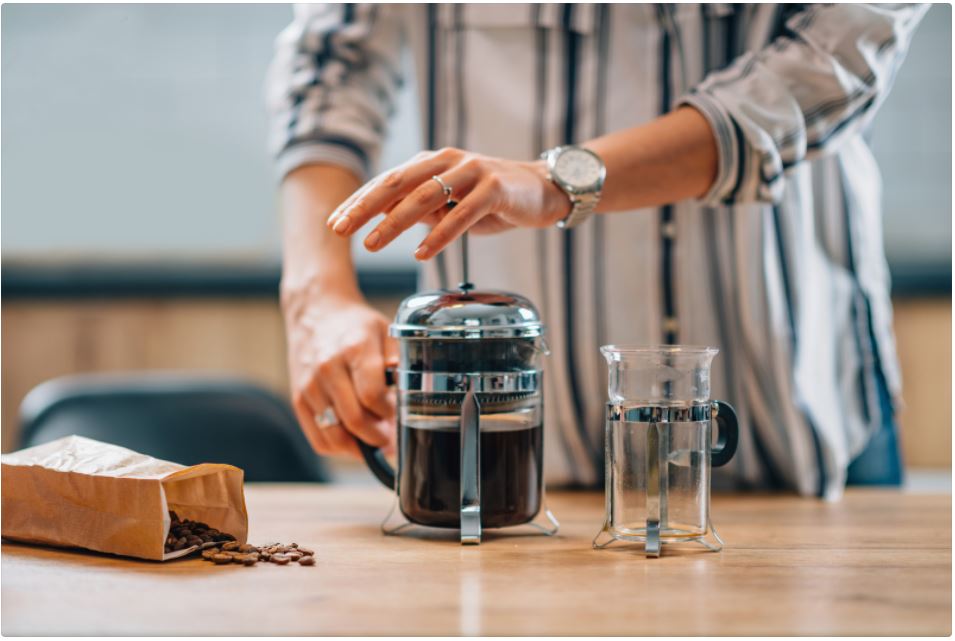
Although people may not be able to shop exactly as they used to, they can still reduce the plastic footprint in many ways. Also, keep in mind that zero-waste living goes beyond the plastic packaging. It’s a whole lifestyle — a package deal.
The following tips will help you address the plastic scourge.
- Buy more fresh fruit and vegetables
If you eat more produce, you cut out the packaging of highly processed food. With everyone eating at home now and cooking more, you might assume that our diets have improved.
Buck the trend and eat your vegetables.
- Bring your reusable bags and fill them yourself
Store policies vary. But the following are just some guidelines to consider:
Bags are not placed on conveyor belts or any other area outside of shopping carts.
Bags make no contact with employees.
Customers bag their own groceries.
Customers do not bag groceries in the checkout area if they cannot maintain physical distancing. Groceries can be placed in a cart and bagged elsewhere by the customer.
Increase the frequency of disinfection in bagging areas used by customers.
- Brew coffee yourself
Consider investing some of that money you used on Starbucks and put it toward a French press. Pick up some beans at a café or grocery store — many grocery stores have grinding machines — and brew your coffee at home. Watch the sunrise as you sip. You’ll save a small fortune and you’ll likely enjoy your new morning ritual.
- Learn to cook
When you learn to cook, you won’t rely on highly processed, overly packaged foods. You’ll also know what to do with the food you have on hand and so you’ll reduce your food waste. Yes, packaged food is more convenient, but that convenience is killing the planet and its inhabitants. You don’t need to cook gourmet meals every night — no one has the time or energy for that at the best of times. Just use fresh ingredients and cook simple food.
- Buy less stuff
Sitting at home day in, day out, surrounded by all of our clutter from which our eyes have no respite during waking hours, many of us who hadn’t thought about it until now have suddenly realized we own way too much stuff that we don’t want or need.
Don’t declutter only to re-clutter. By refusing to buy more stuff, you reduce not only the plastic you see—the stuff itself and the packaging it comes in—but also all the waste in the supply chain that went into producing said stuff.

Recent Comments